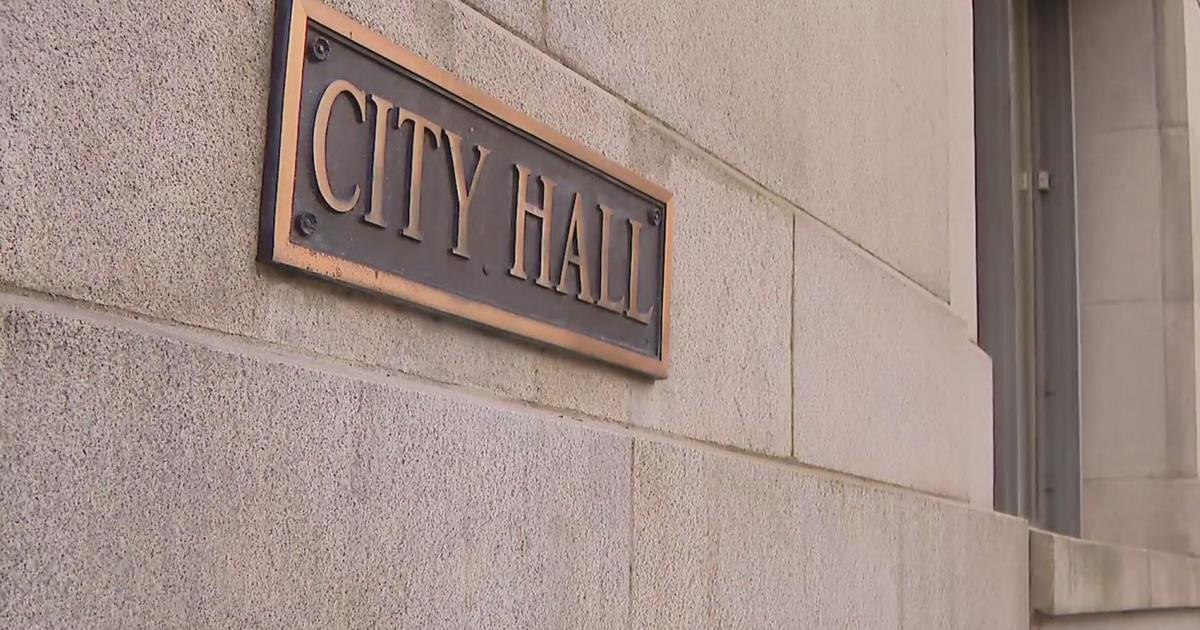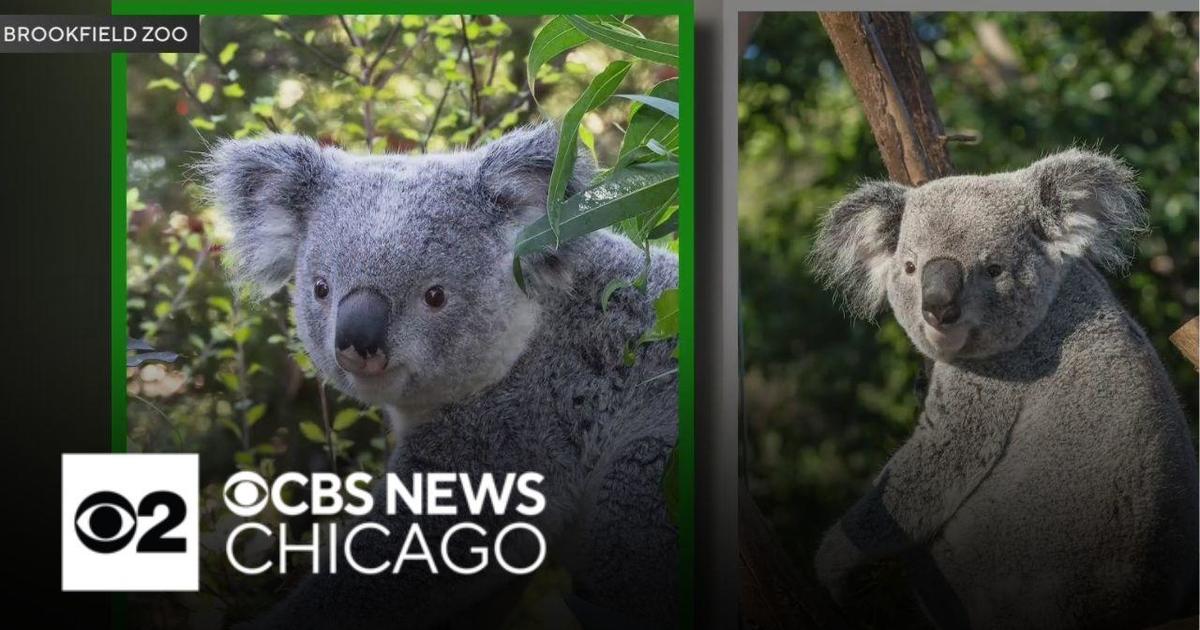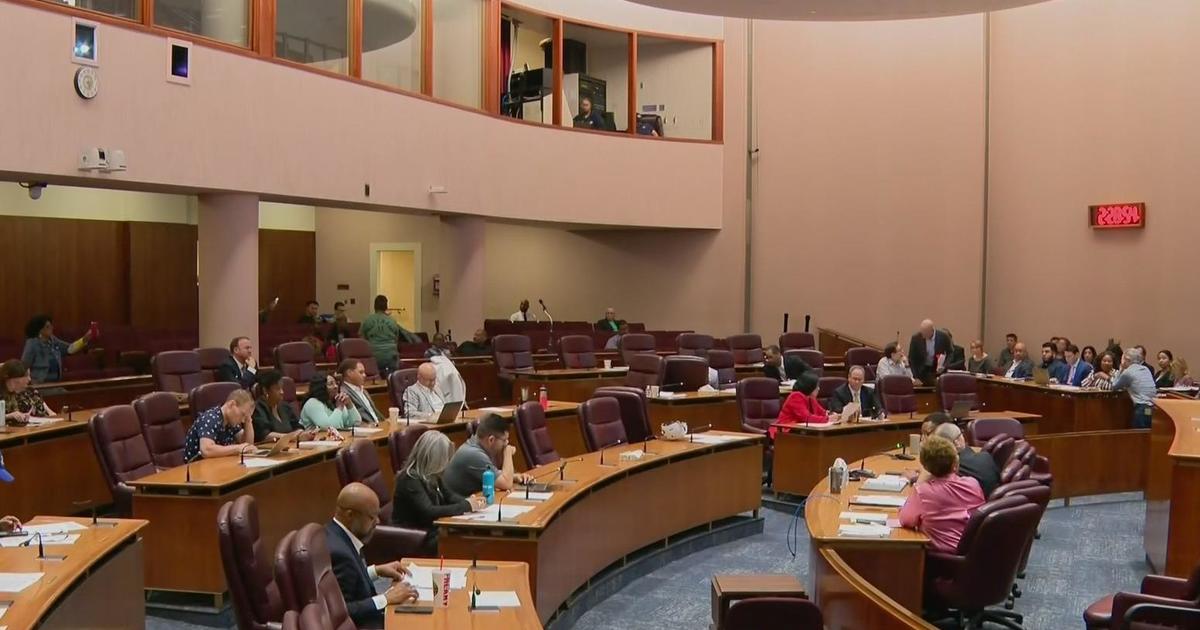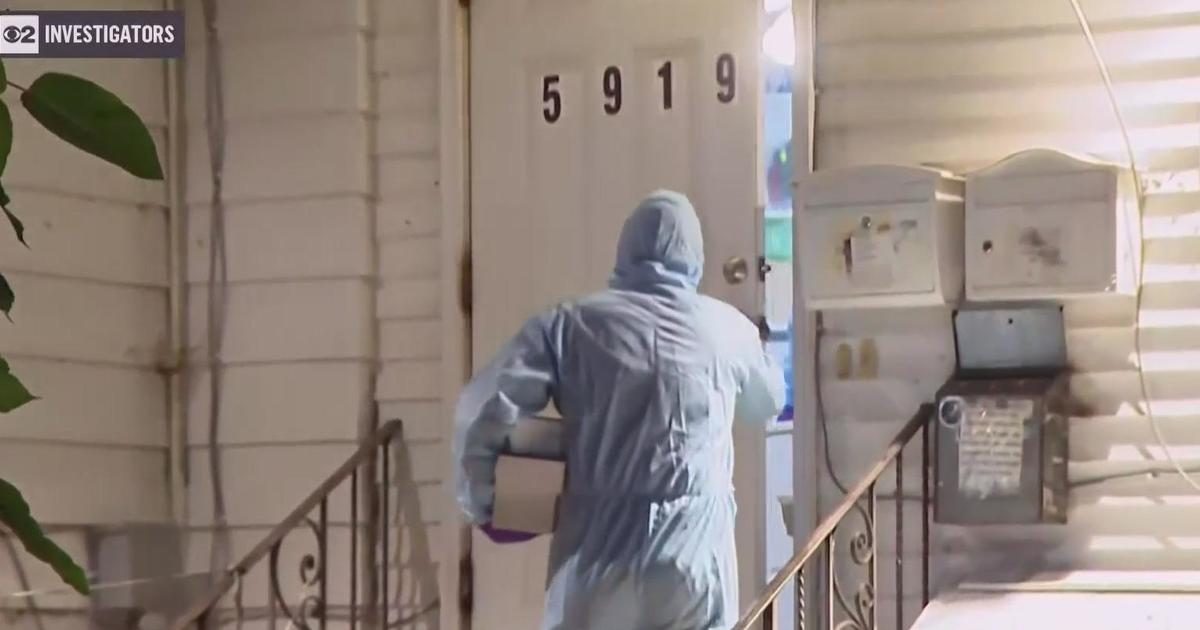2 Investigators: City Drops Ball On Homeowner's Lead Test Result
CHICAGO (CBS) -- Is there lead in your our drinking water?
There's good reason for concern.
One family was so worried that they were among hundreds who've asked the city to have their water tested.
Now they are furious.
As Pam Zekman reports, the city tested their water and then made a dangerous mistake.
A pediatrician's blood test on 2-year-old Hoshi Berry yielded some surprising results.
"We received a letter saying she had low but still worrisome lead in her blood," said Hoshi's mother, Anita Chavez Berry.
Her grandmother, Mary Hynes-Berry, asked the city of Chicago to test their drinking water.
"I know how dangerous lead is," she said.
Even low levels can effect a child's I.Q. and create heart risks for adults.
First the city took three, 1-liter samples from her kitchen faucet.
"They called back and said ... they were seeing levels that were a little higher than ... normal," said Mary Hynes Berry.
The lead level was 17.2 parts per billion in the first sample from the faucet, higher than the EPA allowable limit of 15 parts per billion.
To follow up, the city sent testers out again to take 10 more 1-liter samples in March.
The second, third, and fourth draws were 21, 22.8, and 19.3 well above the EPA's so called "action level" of 15 parts per billion.
But then the city made a dangerous mistake. They never got back to the Berrys regarding the results of the second round of tests.
CBS obtained copies of the test results as part of a Freedom of Information Act request. Two months after the second test, Zekman notified the Berrys about the high second test results.
"I'm really horrified," said Mary-Hynes Berry. "And I am really upset that they didn't call."
The 2 Investigators asked the acting city water commissioner about the delay.
"Well, all I can say is I would apologize for that," said Acting Water Commissioner Barrett Murphy. "I will certainly look into that because that is not typical of the way we operate."
Anita Chavez Berry says she now believes that her daughter's elevated lead blood level is due to their drinking water supply.
But, the water commissioner isn't so sure.
"My response is that I am not convinced," Murphy said. "We have some issues about their internal plumbing that we're trying to advise them on."
So far this year, about 1,500 Chicago homeowners have requested free lead testing from the water department. A total of 133 of those tests have been completed. Of those, five tested higher than the EPA standard for allowable lead.
But experts, like Mark Edwards of Virginia Tech, say that's because the required EPA testing procedures are not adequate for picking up higher lead levels.
In Chicago, that's an issue because about 79 percent of the single family homes and two flats built here before 1986 have lead service lines.
"This lead pipe, it's like drinking water through a 30-foot long lead straw and chunks of lead can fall off into the water at any time," said Edwards.
The city says it adds Ortho Phosphate to water that coats lead pipes and protects homeowners from lead leeching into the water supply.
"So I would say that our water is safe to drink," declared Murphy.
But for now, the Berrys are drinking bottled water and they may have to pay an estimated $10,000 to replace the lead service line to the street, which the city claims is the homeowners responsibility.
"If I lived in one of the Chicago homes with a lead pipe under no circumstances would l let my child be drinking the water," said Edwards.
Edwards suggests that for $20 to $30 you can buy an NSF certified water purifier from any hardware store. But, you have to maintain it by changing the filters once a month.
The city says you can run water for five minutes before drinking after a long period of non-use.
To cope with the flood of testing requests the city is now sending out kits for homeowners to collect water samples. You can get one by calling 311.
The commissioner says the city will pick up the samples and homeowners will get results in 10 to 14 days.



